This morning I went along to High Lyttleton to join in a meeting to discuss what we wanted from our new vicar who is going to preside over our benefice. A benefice is where a vicar looks after more than one church in this case three but sometimes it is up to 7 churches. The era of one vicar per church is largely over.
I do not think I’m ready geared to behave at meetings. This one was held in the church hall, a pleasant enough venue, and there were four trestle tables laid out so that people could write notes and organise themselves in small groups. We were offered tea or coffee with biscuits on arrival and I was given a name tag. There were two leaders of the meeting, one was a lady whose job it is to stimulate growth in local churches and the other one was a chap called Neil from Belfast who had a placement in the Bristol and district diocese.
For me, the meeting started on time but badly. We were given the results of a survey about what people wanted from their church. I believe that the value of a survey is in direct proportion to the wisdom of putting it together and it needs to be done from the consumer’s point of view. I refuse to fill in surveys that I get requests for after I had made a purchase. We are asked to rate someone’s features and characteristics; were you extremely satisfied, very satisfied, satisfied, dissatisfied, very dissatisfied. I find that I only tick five or one and on some occasions three. I don’t want to be bothered with saying why it wasn’t a five because I doubt if any human being reads the stuff. The corporations must get thousands per day. I hate Survey Monkey as it is called. Hate is too strong word, irritation is a better one.
In this case people were asked to say what they felt the benefit of church was. Examples were “a place to worship God”, “friends family and fellowship” whatever that means, “beautiful historic building”, “promotes Christian values”, “music and performance”. The basic problem is that we are comparing apples and oranges. These descriptors portray different types of need . For example practical aspects, social benefits, and spiritual benefits, and psychological benefits and it is completely meaningless to try and apportion them and compare them in one list.
We spent the first 20 minutes going through the questionnaire results from the benefice churches when we could as well have read it ourselves. In my view the most important thing is to establish rapport with the audience. My initial impression, confirmed through the meeting, that the main organiser was unwilling to let us steer the meeting but had her own views about what should happen. Of course there must be form and discipline to a meeting but for the first half an hour or so felt as if there was no point in my being there; that me, a sentient being, I was not invited to contribute even just saying a few words. There were after all only a dozen or so of us so it would not have been difficult.
Another lesson that I learnt was that people who are running a meeting, be it two or three, should get together beforehand and agree on how to run the meeting. At a certain stage they were suggesting to each other in front of us what should happen next and this did not help the continuity and confidence and flow.
During the morning, a lady gave testimony to me that a friend of hers had been to visit several times and finally asked her “please tell me about your faith”. This illustrates the point that you should only talk about something when people are ready
We were asked to give our favourite Bible story in terms of the actions of Jesus and this produced an interesting mixture. We were then asked what three qualities we wanted of a new vicar. We wrote each one down on a separate ‘post it’ note and these were all stuck on a board in various classifications in so far as they could be classified. My three were “walk your talk”, “be Love”, and finally “listen”. Others were more lengthy and went on about administrative competence. We had a list eventually of about 30 characteristics. I mentioned that even the Archbishop of Canterbury would probably fail that test because some of us are natural administrators, some are natural people people and some are mystics. Some would score quite low on the overall score yet be very good in their position.
Some of us thought of giving the vicar a list of places where he should frequent, for example garden fetes, local events, meetings so he could be seen and visible. I made the point that if he really cared for people he would look at what was going on and come along himself or herself. I also said that it was a more pleasant social unit if vicars could bring their wives or husbands. In some way I find it less confrontational to speak to 2 people than to one.
I did clash with the organiser on one point. She asked us to list three positive things about the church and two negative ones. First of all she is programming us by giving us a number when in fact it may has nothing to do with numbers and secondly she introduces the idea of positive and negative. I said to my group that are there no positive and negative ingredients in a cake. It depends on how the ingredients are used and in what quantity. Something may be seen as negative when in fact overcoming the challenge could be the best thing that’s ever happened to the small group of practising Christians.
I mentally clashed with the organiser of one other point. She made light of the fact that we ended the meeting earlier so that would give her time for a bigger lunch. I found that unprofessional because her eating habits and nothing to do with us.
We discussed how to get people into church and Caroline the facilitator quoted the Methodists who said that “there needs to be a sense of belonging before there is believing”. In other words you need to be welcomed into the church or – come to that – whatever is going on in the church buildings, to feel comfortable to be able to ask questions about the more important things in life. I cited the example of St Martin’s in the fields in London where there is a restaurant downstairs and many different types of musical cultural activities. Some come as tourists, some, as first timers from the area, but they all receive a welcome from the very robust and cheerful crew who run this amazing church.
There is no way that people are going to walk into a building they’ve never walked into before, tell the first person they see that they need saving, and come obediently along through Sunday morning service. There are as many ways of moving away from the divine as there are coming back to it so we must leave people to do their own thing in their own way. That’s what Jesus did; that’s what we should do.
On the topic of getting people to talk about spiritual things, I suggested that one of the most effective and least offensive ways was to ask a question in which religion does not have to be mentioned. For example what do you think about the way the world is going, or why do you think the world is the way it is. I believe we all need to believe in something and if there is a need just below the surface then we can gently coax it out rather than being accused of being friendly with people for some ulterior motive, to save their soul or something like that.
It may be that a person needs many encounters with you before summoning up the courage to speak and this is simply a test of humility and unconditional love. as someone said once “you don’t have to like them to love them”. Love is a general philosophy, a wavelength, an attitude and indeed a stabiliser for our time on this teetering orb that is called planet Earth.
I left the meeting and stepped into the sunshine with some relief. There was definitely a powerful wifi router in the hall and the top of my head suffered from prickles and I felt a little bit sick and wobbly. This is one of the many symptoms of electro-sensitivity which is becoming more and more of a nuisance. I can tolerate less and less each day. I just have to keep my exposure to the minimum but it is difficult in towns and public places where there is such a cocktail of radiation. It will get far worse when 5G actually comes, whose power is many more times powerful than 4G, which in its turn is more powerful than 3G.
 My son Mark is with me at the moment so we decided to visit a historical church, about 600 years old, and also go and gather some garlic from the woods nearby. Garlic is abundant at this time of year along the hedgerows and along the sides of roads and anywhere else you can think of. This will be a largely pictorial record of our day including the many interesting inscriptions on the graveyard gravestones.
My son Mark is with me at the moment so we decided to visit a historical church, about 600 years old, and also go and gather some garlic from the woods nearby. Garlic is abundant at this time of year along the hedgerows and along the sides of roads and anywhere else you can think of. This will be a largely pictorial record of our day including the many interesting inscriptions on the graveyard gravestones.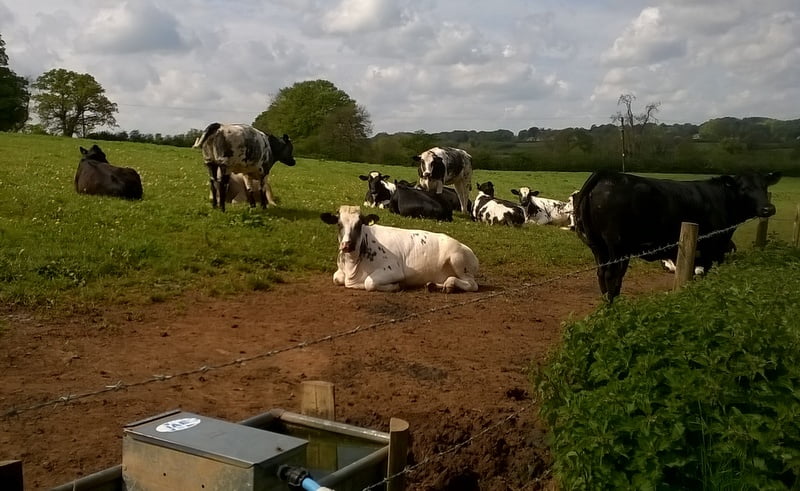 Cows forming a welcome committee for us whilst contentedly chewing their cudd in an adjacent field
Cows forming a welcome committee for us whilst contentedly chewing their cudd in an adjacent field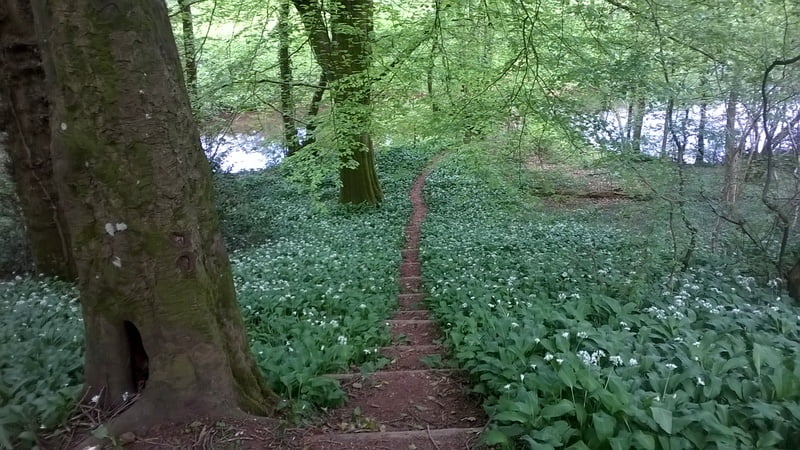
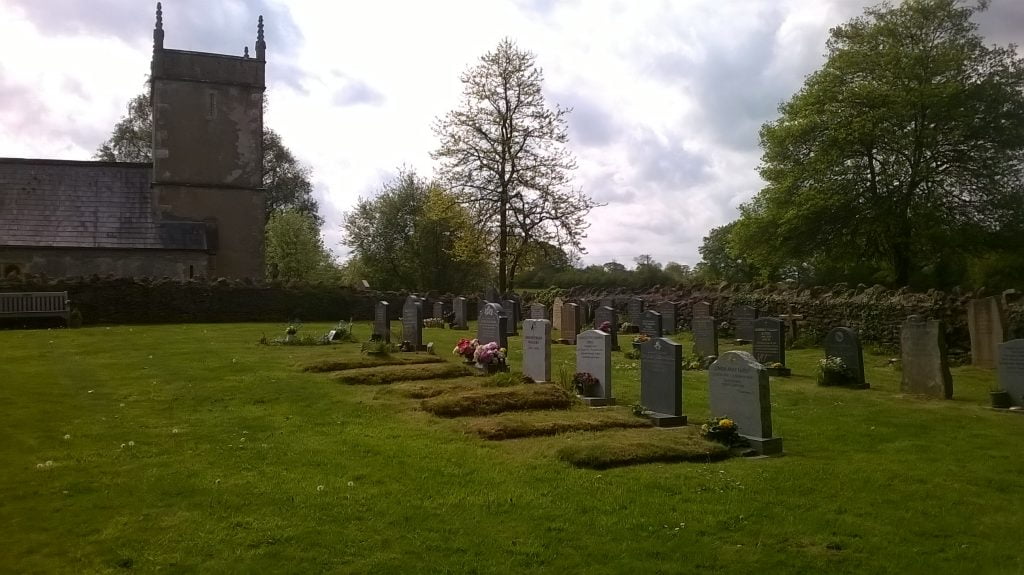
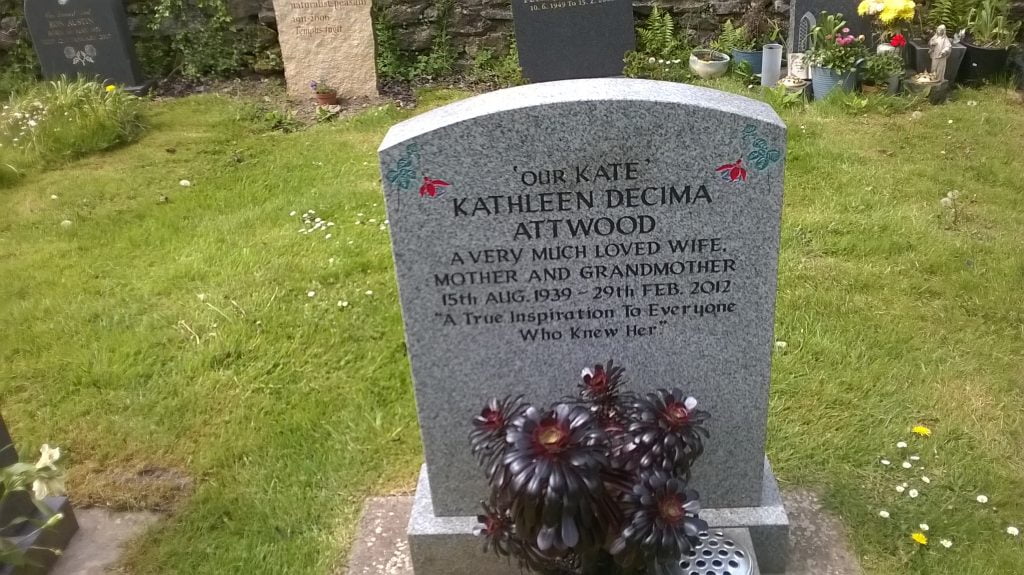 This lady was probably not aware that she inspired people. All she did was to be herself. My preacher said to me many years ago that all God wants us to do is to “be ourselves”. That did not mean much to me at the time, I thought it was simplistic but I’m slowly over the years getting the message. We do not have to imitate other people but just find out who we really are.
This lady was probably not aware that she inspired people. All she did was to be herself. My preacher said to me many years ago that all God wants us to do is to “be ourselves”. That did not mean much to me at the time, I thought it was simplistic but I’m slowly over the years getting the message. We do not have to imitate other people but just find out who we really are.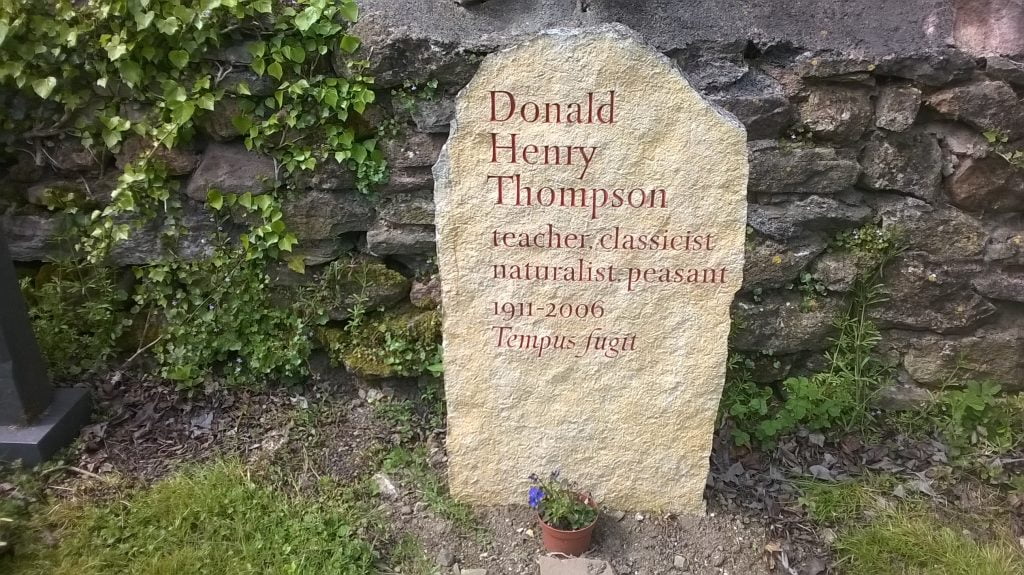
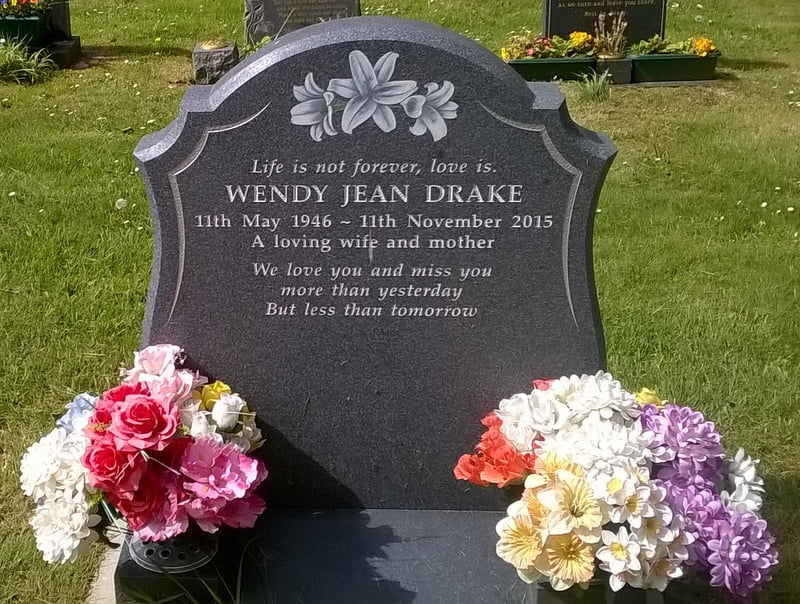 I get the point here but if this person spent less time on missing someone and more time about celebrating their life, and making the telepathic or spiritual contact which can be automatic and effortless with those who had passed on, I think the message would be more upbeat.
I get the point here but if this person spent less time on missing someone and more time about celebrating their life, and making the telepathic or spiritual contact which can be automatic and effortless with those who had passed on, I think the message would be more upbeat.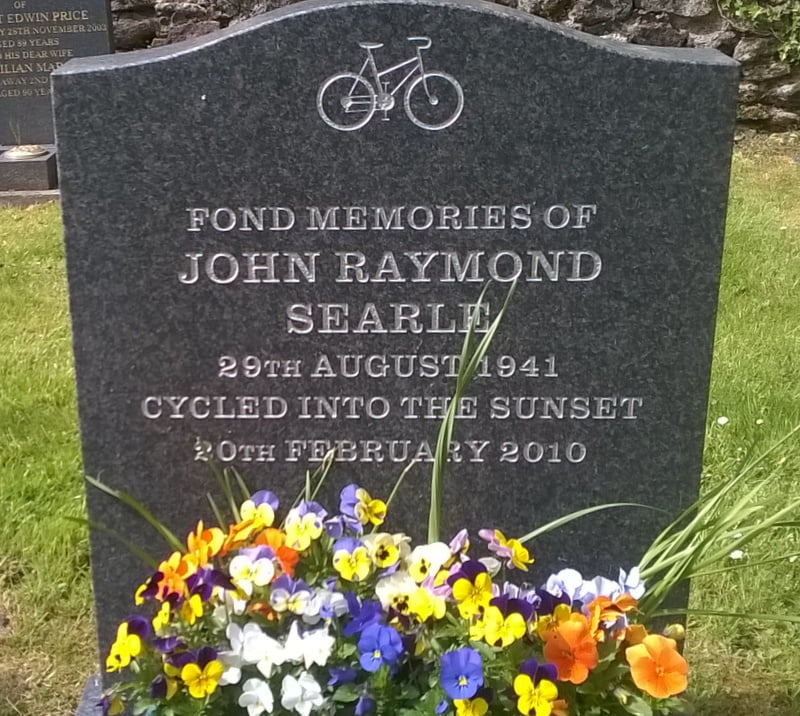 a beautiful touch of humour here
a beautiful touch of humour here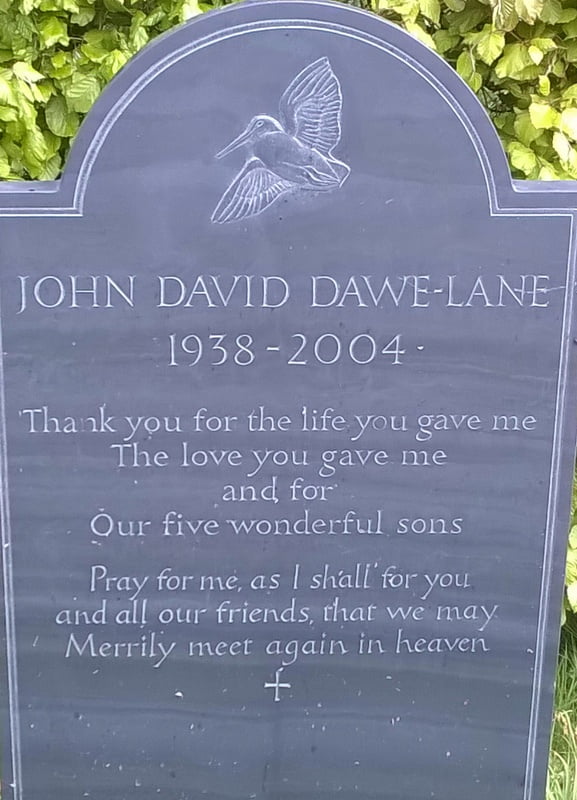 now that is a spot on message well done everyone
now that is a spot on message well done everyone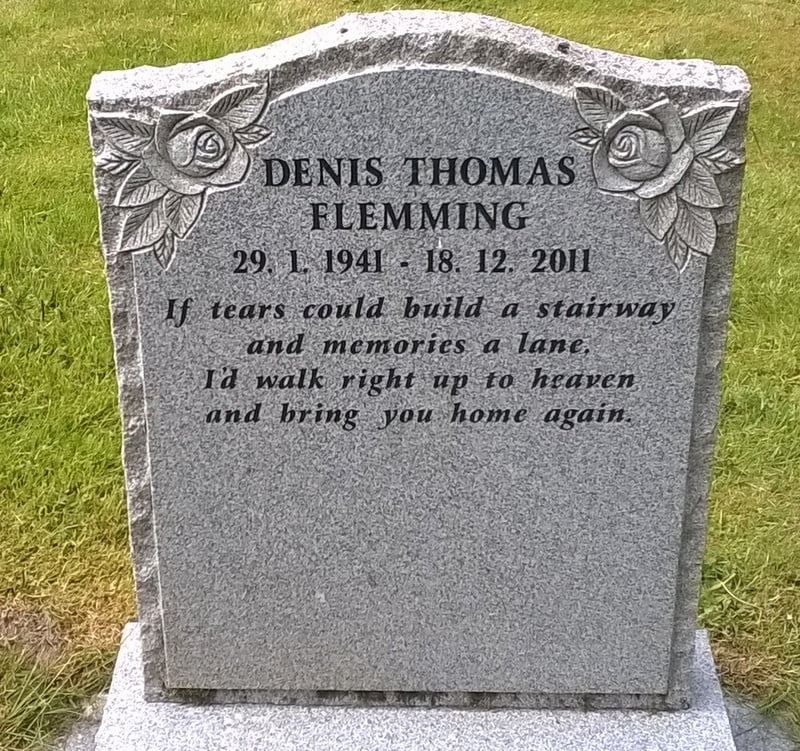 I somehow think the traffic needs to be the other way but I’m sure that many people who have experienced a loss would agree with the sentiment.
I somehow think the traffic needs to be the other way but I’m sure that many people who have experienced a loss would agree with the sentiment.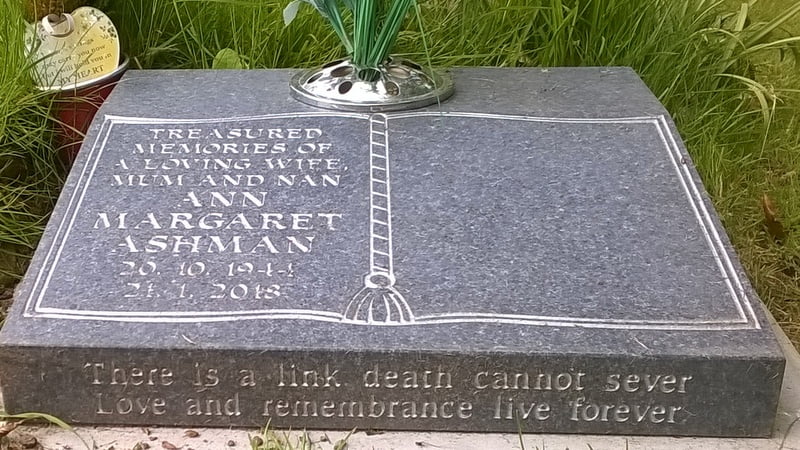 Who wants to sever anything? The spirit of the person lives for ever and love is eternal. I wonder if the right page of the book has been reserved for the partner when they pass.
Who wants to sever anything? The spirit of the person lives for ever and love is eternal. I wonder if the right page of the book has been reserved for the partner when they pass.

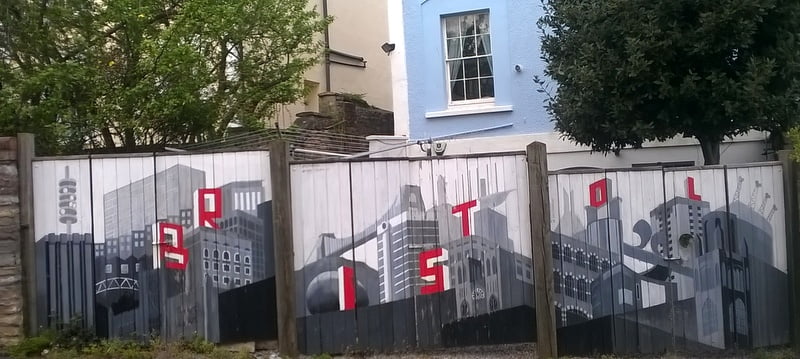
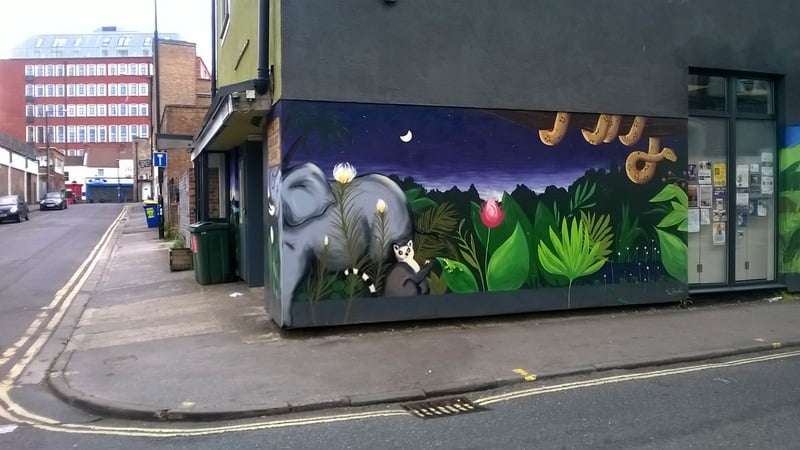
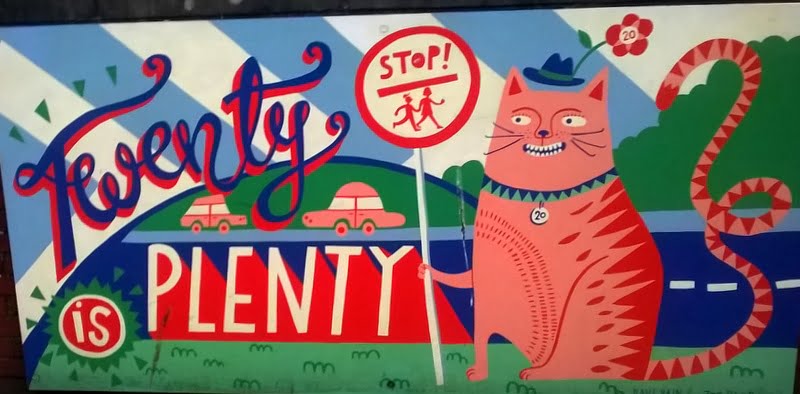

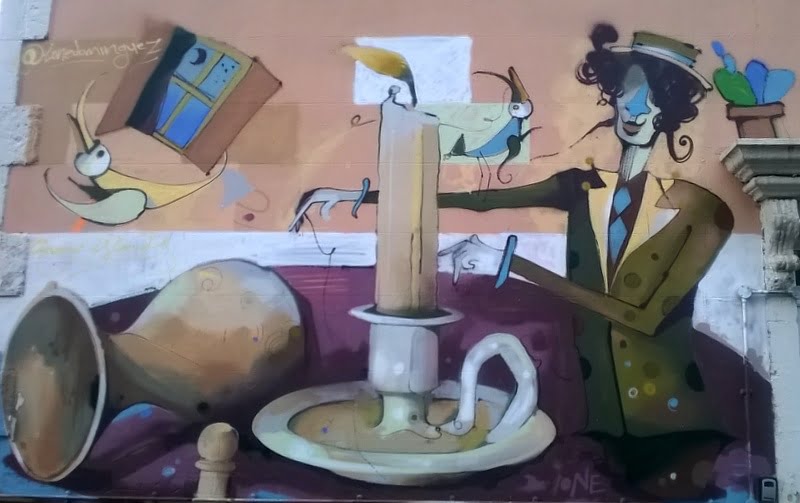

 In case you were wondering, “blood and Fire” is the motto of the Salvation Army that describes the blood of Jesus Christ, the yellow for the fire of the holy spirit and the blue for the purity of God the Father.
In case you were wondering, “blood and Fire” is the motto of the Salvation Army that describes the blood of Jesus Christ, the yellow for the fire of the holy spirit and the blue for the purity of God the Father.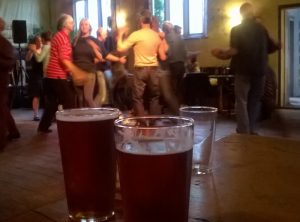
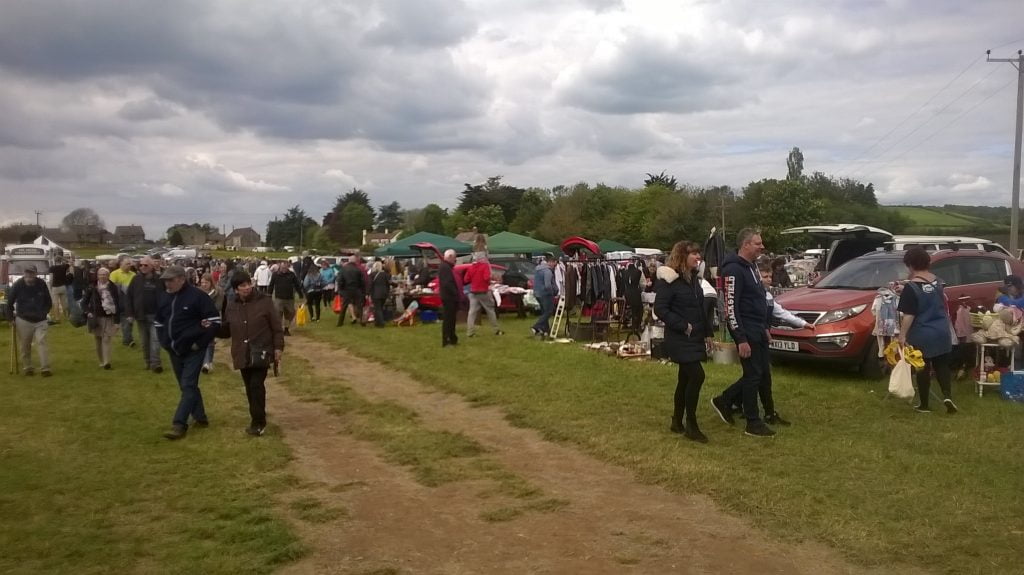
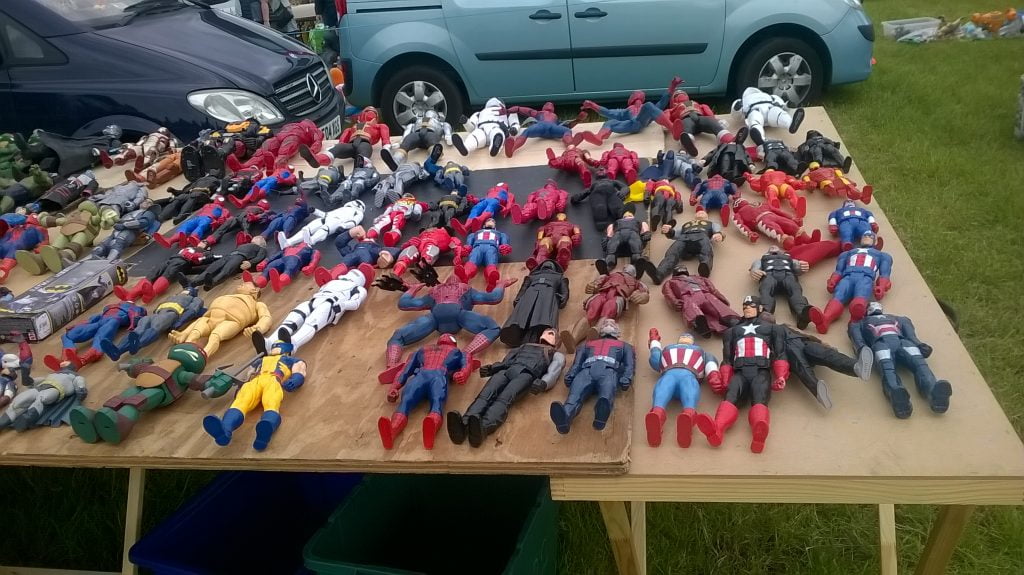 Shortly after walking around, I started to become assailed by head and hand prickles associated with EMF attacks. I also get mildly dizzy and have to concentrate to maintain my balance. I don’t seem to have much defense against these attacks I’m afraid but it means that after 20 minutes to half an hour I get a headache and I need to leave wherever it is I am situated.
Shortly after walking around, I started to become assailed by head and hand prickles associated with EMF attacks. I also get mildly dizzy and have to concentrate to maintain my balance. I don’t seem to have much defense against these attacks I’m afraid but it means that after 20 minutes to half an hour I get a headache and I need to leave wherever it is I am situated.